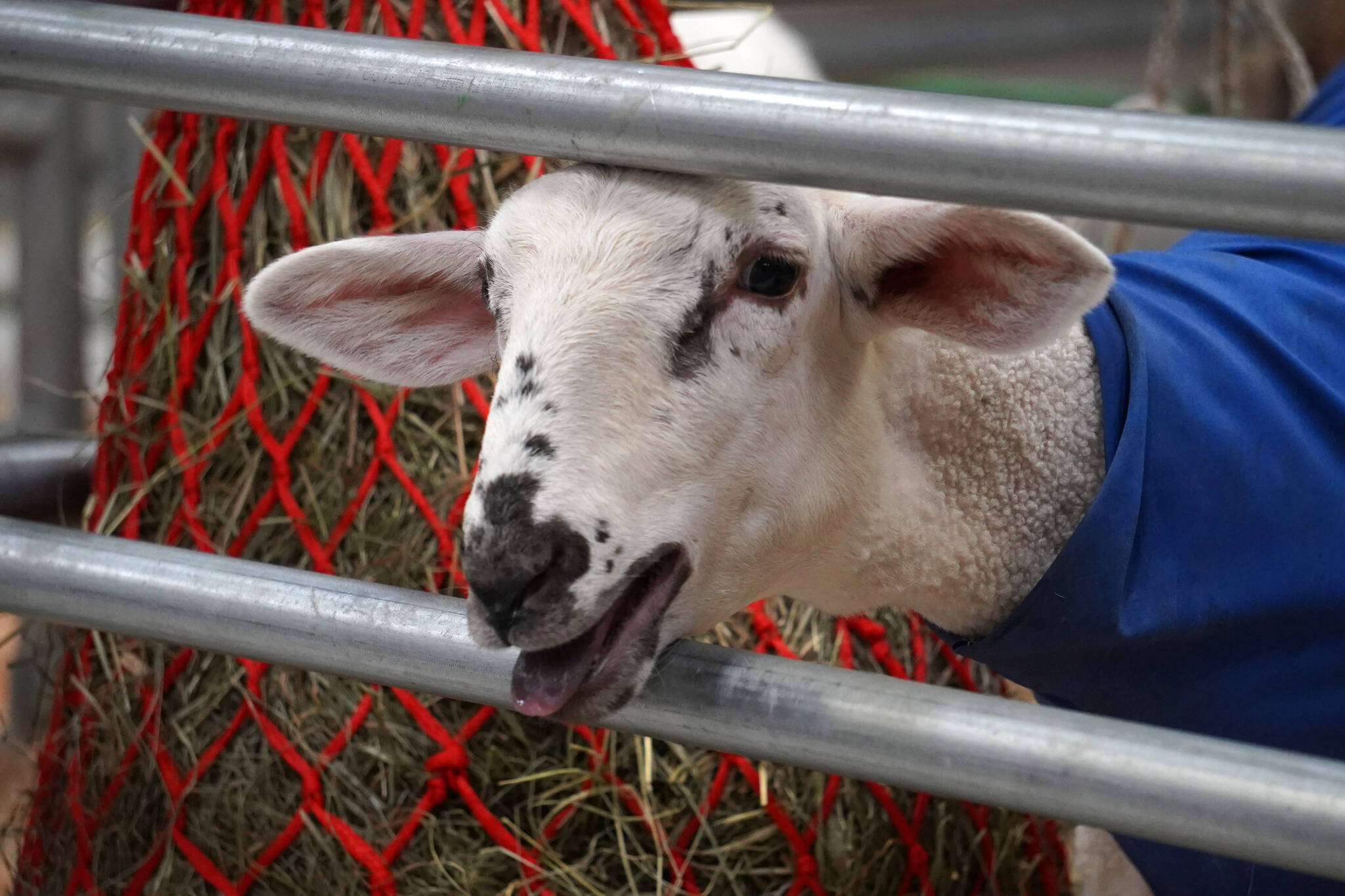JUNEAU — Farmers would pay less in property taxes on farm buildings and land and could be exempt entirely from paying taxes on those assets under a bill making its way through the Alaska Senate.
The bill, sponsored by Sen. Jesse Bjorkman, R-Nikiski, was voted out of committee last week and would change the structure of tax breaks and exemptions for Alaska farmers.
The bill would first expand the existing tax break Alaska statute requires municipalities to offer for farmland to also include farm structures. The exemption would newly only apply to farm operations that produce food for human and animal consumption.
The bill would also expand Alaska’s existing tax exemption program for farm structures, which Alaska statute gives municipalities the option to offer. Those exemptions would be available to all farms, regardless of whether those farms produce food for human consumption, in addition to farmland.
Recipients of either the tax exemption or the tax break would be required to produce at least $1,000 worth of agricultural products offered for sale each year. The existing statute says farms must derive at least 10% of their annual revenue from the sale of their agricultural products.
Under the bill, farmers would also be required to file a Schedule F form with the Internal Revenue Service each year.
Bjorkman has previously told constituents that the bill was inspired by farmers and a recommendation by Alaska’s Food Strategy Task Force, which Bjorkman serves on. Bjorkman wrote in a sponsor statement attached to the bill that the farmland-specific tax rate set by municipalities can help address food insecurity around the state.
“This helps encourage farmers to keep their land in production, rather than selling it or converting it for other uses,” he wrote. “It makes sense to include farmland buildings, such as barns, in this assessment as they are part of a farm’s operations.”
The Alaska Department of Commerce, Community and Economic Development said the bill would not cost the state any money if passed. That’s because municipalities would be giving up revenue by expanding exemptions.
The bill was voted out of the Senate Community and Regional Affairs Committee on Thursday and now heads to the Senate Rules Committee. It will also need to pass the full Senate and the House before it can be considered by the governor.
More information about the bill can be found on the Alaska Legislature’s website at akleg.gov.
Reach reporter Ashlyn O’Hara at ashlyn.ohara@peninsulaclarion.com.
This reporting from the State Capitol was made possible by the Alaska Center for Excellence in Journalism’s Legislative Reporter Exchange. Alaska news outlets, please contact Erin Thompson at editor@peninsulaclarion.com to republish this story.

